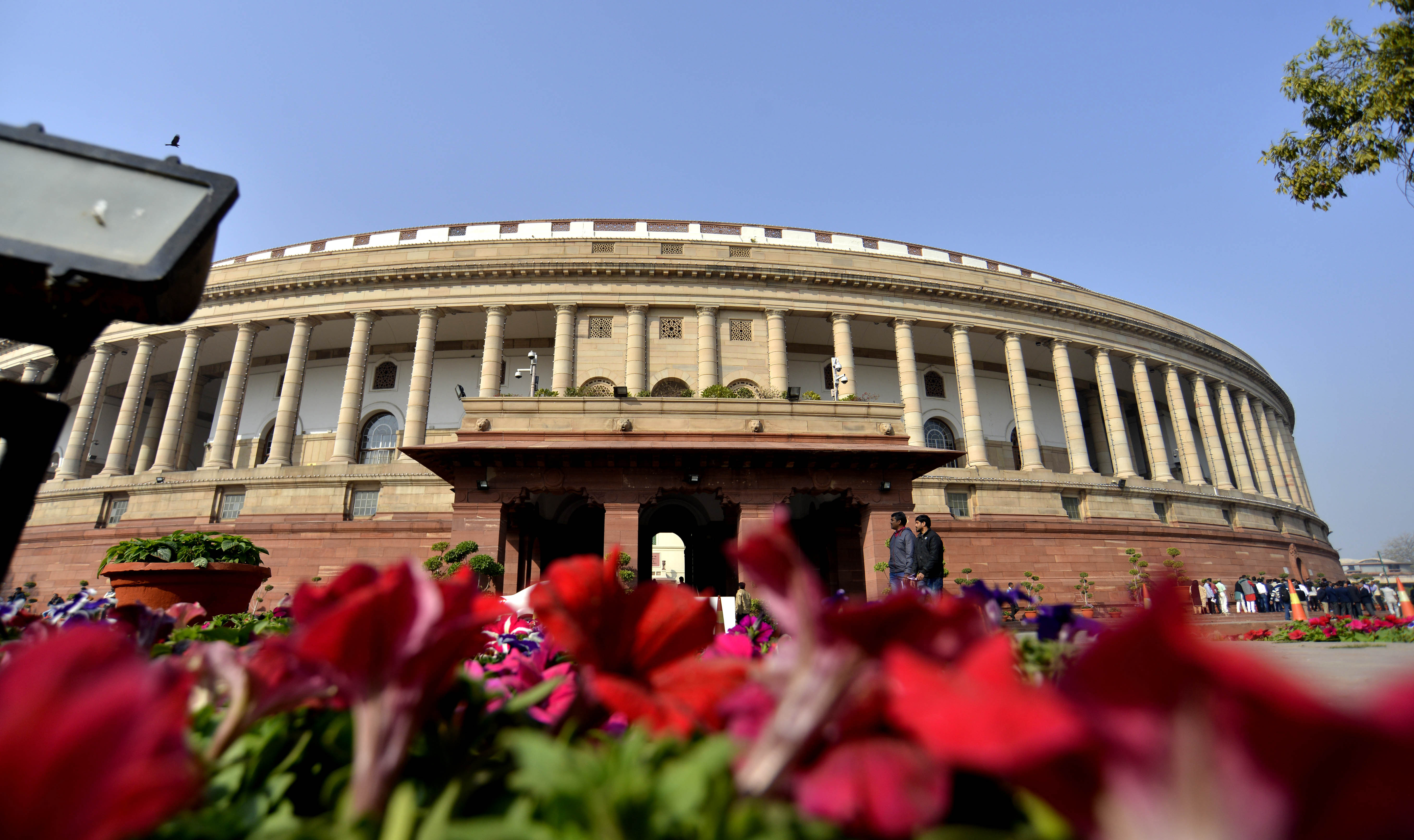In its 244th report in 2014, the Law Commission distinguished between “earlier” times when politicians had suspected links to criminals — the N.N. Vohra committee findings on the Mumbai blasts perhaps? — and the more recent practice of “persons with extensive criminal backgrounds” entering politics. It is against this that a number of petitions had been placed before the Supreme Court, which has ruled that Parliament must enact a strong law that would compel political parties to prevent their members with serious criminal charges from entering the electoral contest. The Supreme Court itself cannot, as it reportedly said, make a rule to ‘ban’ candidates facing trial; that falls within the purview of the legislature. A convicted member of parliament or assembly is banned from contesting for six years after his or her sentence ends, but anyone who is only charged is innocent until proven guilty. The court reportedly expressed its distress that assumption of innocence was the alibi of numerous legislators charged with ‘serious’ crimes; obviously the slow justice system aids their continuance as lawmakers. Charges of rape, murder and kidnapping are included in the list of serious crimes. Since there is also the danger of false charges being framed against rival politicians, the court felt that Parliament would be able to address the problem with the law it is expected to formulate.
Since cleansing politics of criminality is an old concern, yet a problem that has grown more acute instead of dispersing, the Supreme Court’s direction to Parliament is of particular significance. Parliament should enact a law asking political parties to clean their stables, because it is they who put up candidates with dubious records. Not only should the law bar tainted politicians from contesting, but it should also prevent such leaders from holding office within the party. To have senior office-bearers with criminal antecedents controlling party policy and direction is as dangerous as having tainted legislators. The court has addressed the root of the problem by making parties responsible for an ‘immaculate’ Parliament. It has also given guidelines, meanwhile, to ensure that details of criminal charges against candidates are circulated widely in print and electronic media and put up on the party website so that people can make an informed choice. Will Parliament now make the law?











